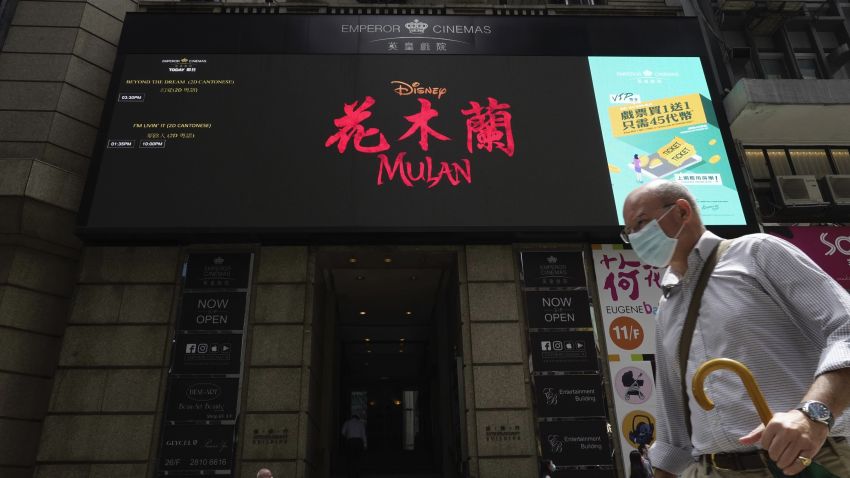When the closing credits rolled at the end of Disney’s ambitious 2020 live-action adaptation of “Mulan,” they were notable for including a special dedication of thanks to a series of publicity and municipal security bureaus in Turpan, Xinjiang. Accounts from the production team and Disney studio executives added to evidence that filming took place adjacent to the surveillance installations, large-scale prisons and numerous security checkpoints that have been used in a campaign of repression against Xinjiang’s Uyghur population. Niki Caro, the movie’s director, posted a picturesque shot of the region’s deserts taken in 2017 during the movie’s filming, with additional photos of her crew there, presumably with government minders in tow.
Responding to criticism of the decision to shoot portions of the movie in Xinjiang, where an estimated 1 million Uyghurs are detained in internment camps, Christine McCarthy, Disney’s chief financial officer, explained that filming on location anywhere requires government permission, and that acknowledging that in the credits is standard practice. She brushed off further criticism of the issue, saying, “It has generated a lot of publicity. Let’s leave it at that.”
The controversy “Mulan” generated points to the increasingly delicate balance Disney seeks to strike in its attempt to maintain its declared apolitical corporate stance. Last year, the blacklisting in China of “Shang-Chi and the Ten Rings,” a Marvel Comics film that was studded with Asian cinema royalty like Tony Leung and Michelle Yeoh, brought that collision of Hollywood and Beijing into sharper focus. China’s decision to ban the movie may have been due to resurfaced remarks made in 2017 by Simu Liu, a Chinese-Canadian cast member who talked about his parents’ upbringing in a “third world country” where “people were dying of starvation.”

